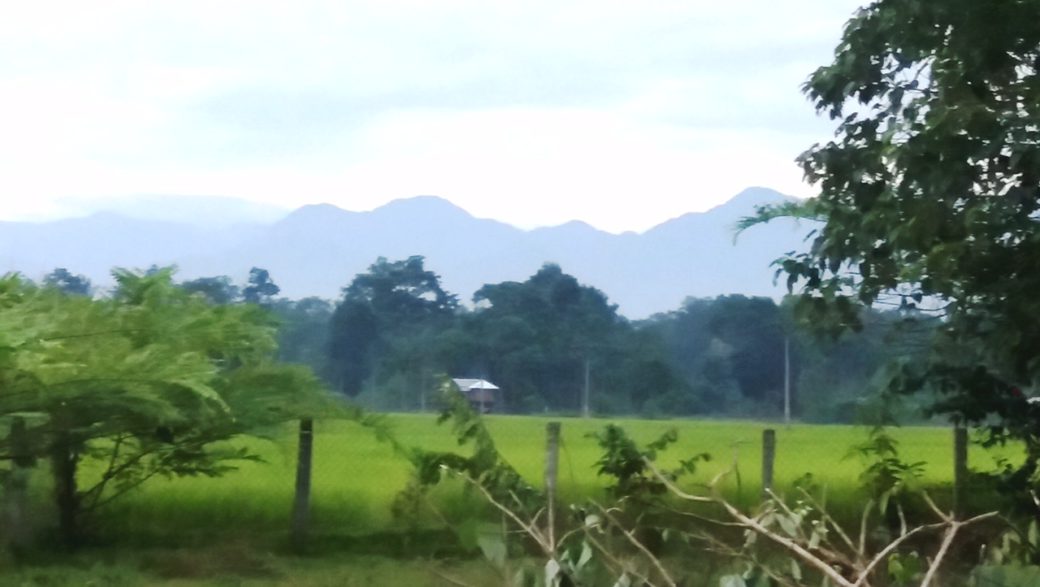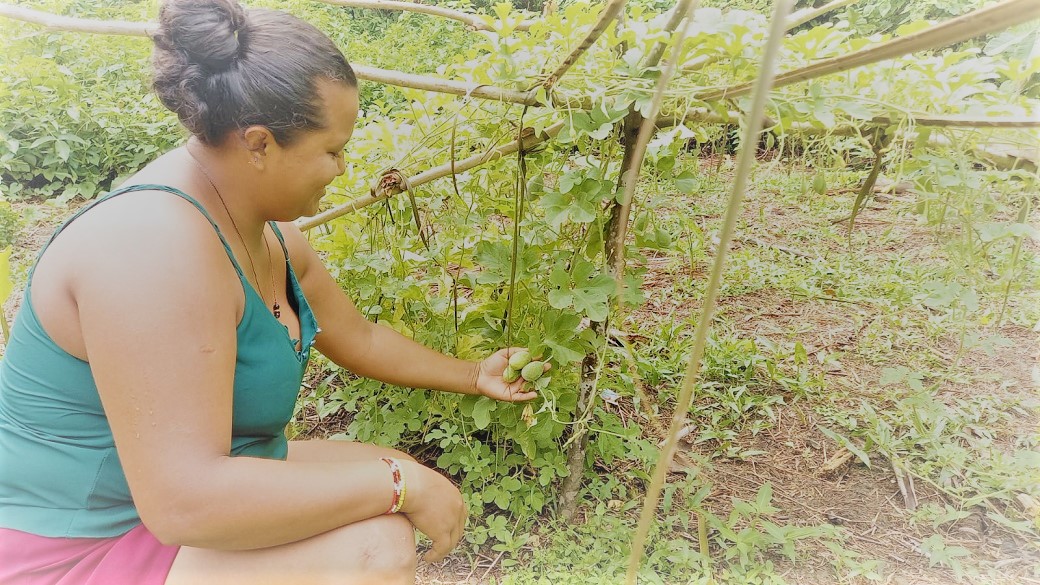India CCRI Capacity Enhancement Workshop and Skill Share

The CCRI National Workshop in India was held in Rajabhatkhawa on October 3-4 2016. Rajabhatkhawa is located in the district of Alipurduar in the eastern Indian state of West Bengal. It is within the buffer zone of the Buxa National Park and Tiger Reserve situated along the foothills of the eastern Himalayas.
The workshop was attended by more than 50 participants including 15 women, and representatives of Rava, Oraon and Nepali communities from the forest villages of Chilapata and Buxa forest ranges. Representatives of indigenous and local communities from the Tadoba CCRI site in Maharashtra and the State of Chhattisgarh also participated.
The workshop started with a Rava traditional song narrating the life of a newly married couple in a forest village sometime back in the early 1900s. The context of the workshop was presented by Souparna Lahiri and the agenda was finalised with the consent of the participants.
The first session was chaired by Pravin Mote of the Vidharbha Van Andolan. Simone Lovera, Executive Director of Global Forest Coalition (GFC), made a presentation on the concept and objectives of the CCRI and the outcomes and experiences of the CCRI process in 10 countries. Her presentation was followed by an introduction to the CCRI site of Chilapata-Buxa by Lal Singh Bhujel, Convenor of North Bengal Forum of Forest People & Forest Workers. Sunder Singh Rava, Co-convenor of the Forum gave a brief account of the struggles of the forest villagers of Chilapata-Buxa and the current developments on the rights of the forest dwellers. Participants from the CCRI site made brief interventions describing their traditional ways of living, the problems they face and the livelihood crises they are experiencing.
Nishant Mate of Vidharbha Van Andolan gave a brief introduction to the Tadoba National Park CCRI site and was followed by Satish, a forest dweller from the Koreon village, located within the core area of the National Park. They described suffering and rights violations including the arrests of villagers who protested when the forest department cut off electricity and water supplies. Villagers were not allowed to collect produce from the forest, and were prevented from travelling to other villages within the core area of the forest.
The second session of the day was chaired by GFC’s Swati Shresth. In this session, Simone Lovera made a presentation on the Sustainable Development Goals (SDGs) and Community Conservation, explaining the process that lead to the adopting of the SDGs in the UN General Assembly in September 2015. Simone described the positive aspects of the SDGs, how they are relevant to stopping of deforestation, and the link between the SDGs and strengthening community-led conservation. Soumitra Ghosh and Souparna Lahiri from the All India Forum of Forest Movements (AIFFM) described how forest and local communities in India are still far removed from the processes of implementing the SDGs, and highlighted how the fact that such UN agreements are non-binding for member states makes a mockery of these process, meaning that rights violations continue on the ground.
Kanta Marathe of AIFFM presented on the role of women in conservation and the rights violations experienced, with particular reference to the Forest Rights Act 2006, and in the context of the central Indian State of Chhattisgarh. The day ended with discussions and clarifications.
The second day started with a folk dance by a group of local Rava women. The first session was on the methodology of the CCRI assessment. The methodology was presented by Souparna Lahiri, and Simone Lovera made a few clarifications to some questions raised. Swati Shresth gave a brief overview of the Banni Grassland CCRI site located in south Gujarat. Devjit Nandi of AIFFM and Pradip from Pendra, Chhattisgarh, spoke about community forest resource mapping in two villages inhabited by the Baiga indigenous community.
Participants broke in to three groups for the session after lunch. Two groups were formed around the two CCRI sites and one group was formed by women participants. The groups were tasked with giving a brief response to the methodology, outlining the problems that still persisted in their communities, identifying the support that CCRI communities need and preparing work plans for the next six months. The workshop ended with presentations by the three groups and thanks was given by Biswanath Rabha on behalf of the local communities from Chilapata-Buxa.











